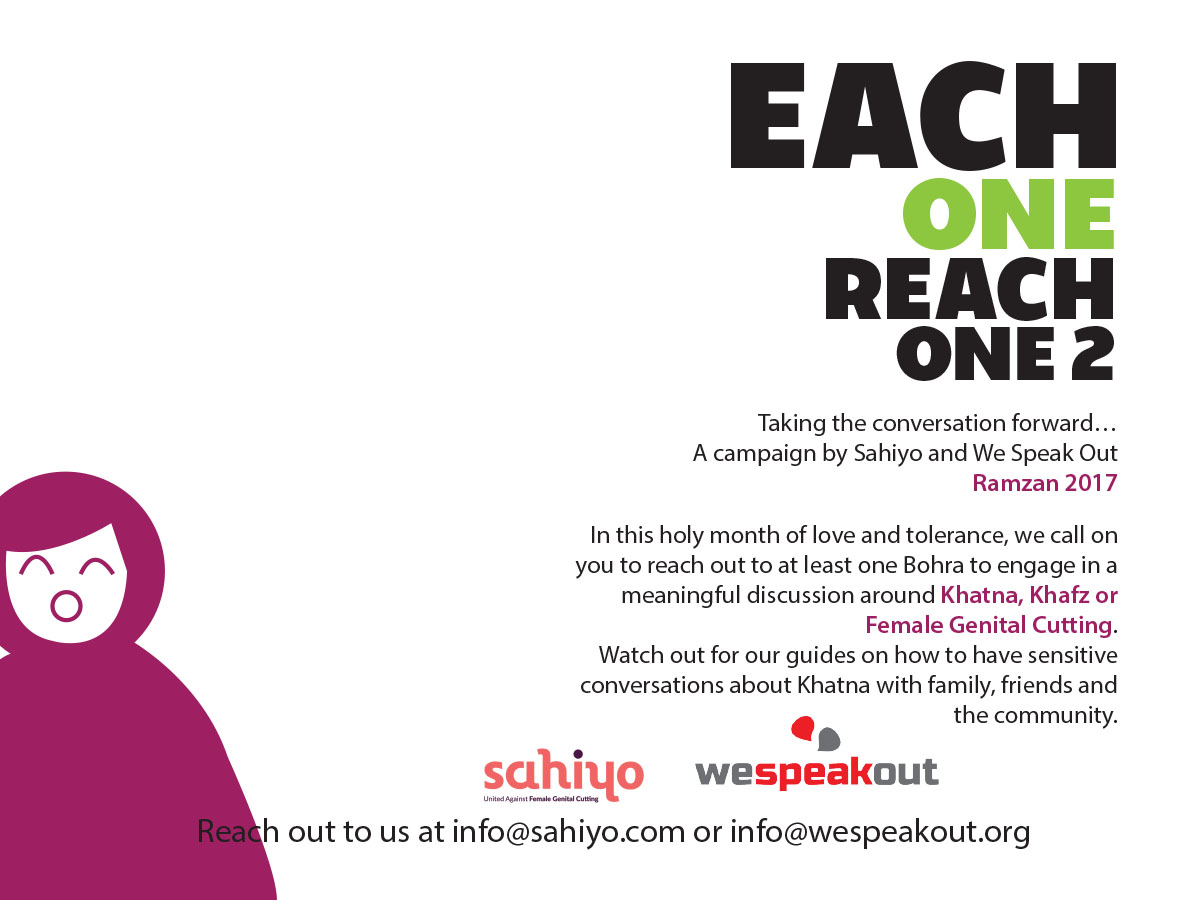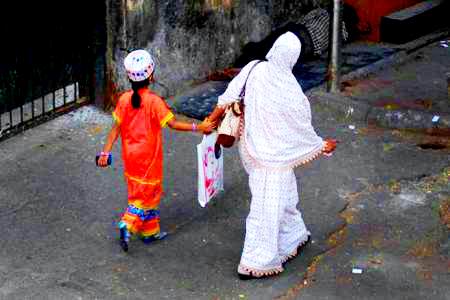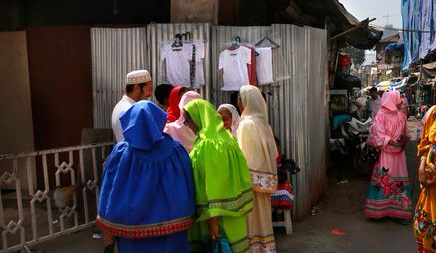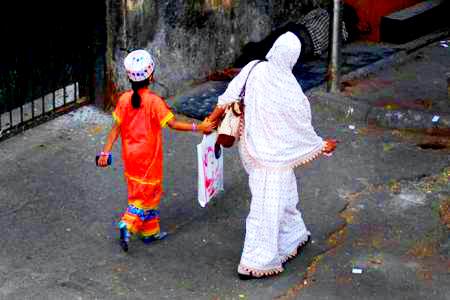EACH ONE REACH ONE 2:
Taking the conversation forward….
Ramzan 2017
A campaign by Sahiyo and We Speak Out
In this holy month of Ramzan, we invite you to participate in Each One Reach One 2, the second edition of a global campaign to promote conversations around Khatna among Bohras.
Last year, in February 2016, Sahiyo and Speak Out on FGM (now We Speak Out) launched the first edition of Each One Reach One, a campaign to help break the silence around the practice of Khatna, Khafz or Female Genital Cutting (FGC) in the Bohra community. For one month, we encouraged each one of you to have a conversation about Khatna with at least one other Bohra — a friendly, respectful, non-judgmental conversation that would help us all understand one another.
A year down the line, we can say with confidence that the silence around Khatna has definitely been broken. The recent arrests of Bohra doctors in the United States have encouraged debate and introspection, both within and beyond the community. There is greater visibility in the media regarding FGC among Bohras. Legal efforts at ending this practice have led to a call for consultations from the Women and Child Development Ministry in India. Although we have achieved last year’s objective of starting a conversation around Khatna, there is a lot more work to be done.
Today is the first day of Each One Reach One 2, our month-long outreach campaign that coincides with Ramzan. This campaign calls upon everyone, especially Bohra women and men, to reach out to at least one other Bohra to engage in a meaningful discussion around Khatna. Our focus this year is to move the conversation forward, by exploring ways to respectfully and sensitively engage in discussions with our family, friends and the wider community.
As you have seen through reactions to our work on social media, we are still received by many within our community with hostility and contempt. It is important for us to continue to respond to criticism with love and tolerance. Sahiyo and We Speak Out have been accused of shouting over Bohra women’s voices. We want to remind our community that we provide a platform to those who have been silenced, so that everyone who wants to speak has an opportunity to share their story. We hope to connect, not divide; to engage, not shut out; to listen, not mute; to reach out, not polarise; and to love, not hate.
Our campaign for EORO 2 focuses on guiding you to have meaningful conversations in various scenarios within and outside your families. Through our communication guides, we will suggest open-ended questions that you may ask your loved ones in order to engage in a sensitive discussion. As usual, we will also complement these guides with the relevant facts around Khatna. We encourage Bohras within India and abroad to participate in our campaign. Do continue to watch this space over the next month as we publish our guides.
To begin with, you can read our basic guide to effective conversations by clicking here.
Our conversation guide is informed by the concept of “Pro-Voice”, a word coined by the founders of abortion-rights group Exhale. Being Pro-Voice is about listening to one another’s stories with empathy, without an agenda or judgement. Learn more about Pro-Voice through this TED talk.
We would like to wish each one of you a blessed Ramzan full of fasting, prayer, forgiveness and charity. In keeping with the spirit of this sacred month, we encourage you to listen with love, speak with kindness, think without anger, and love without judgment.
As you participate in Each One Reach One 2, feel free to reach out to us at This email address is being protected from spambots. You need JavaScript enabled to view it. or This email address is being protected from spambots. You need JavaScript enabled to view it. to share your experiences, questions, perspectives and feedback.





